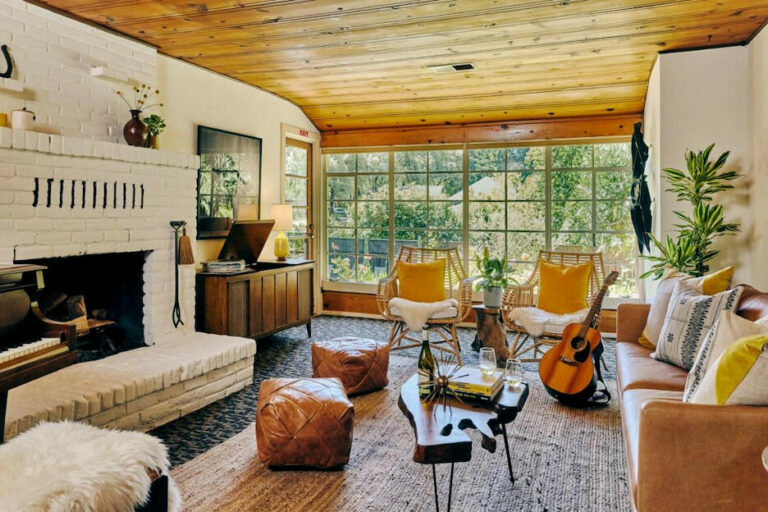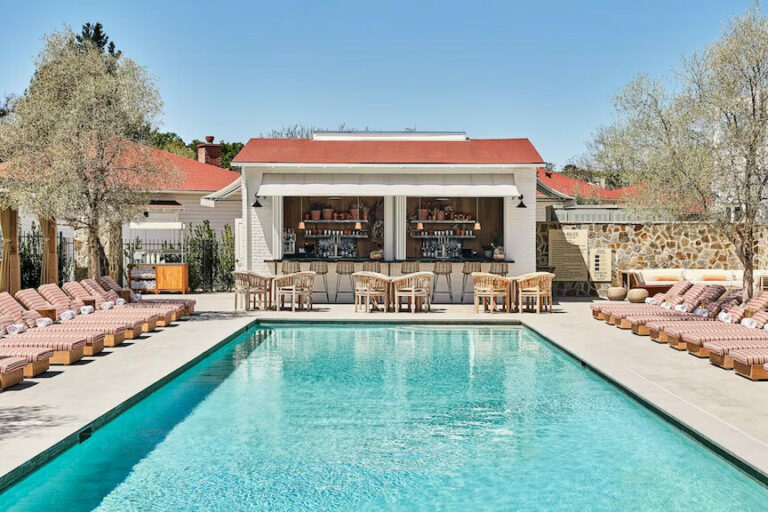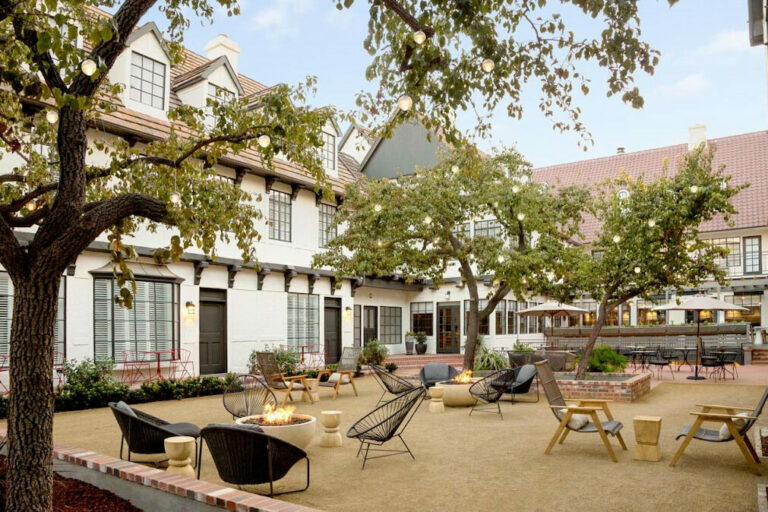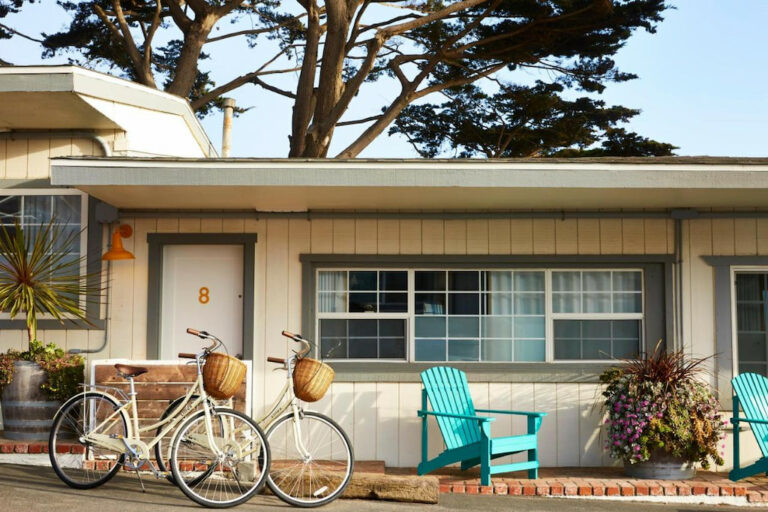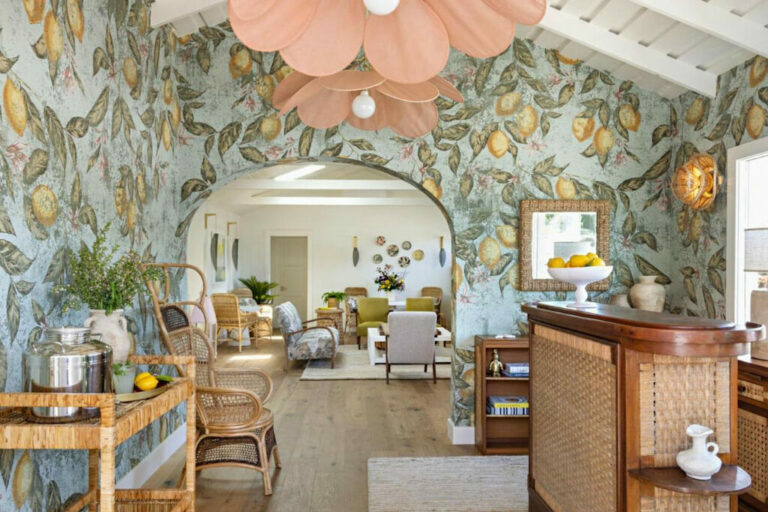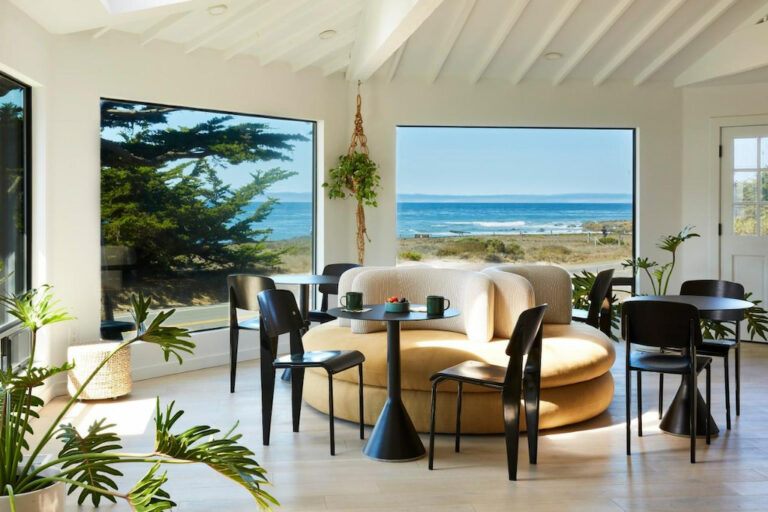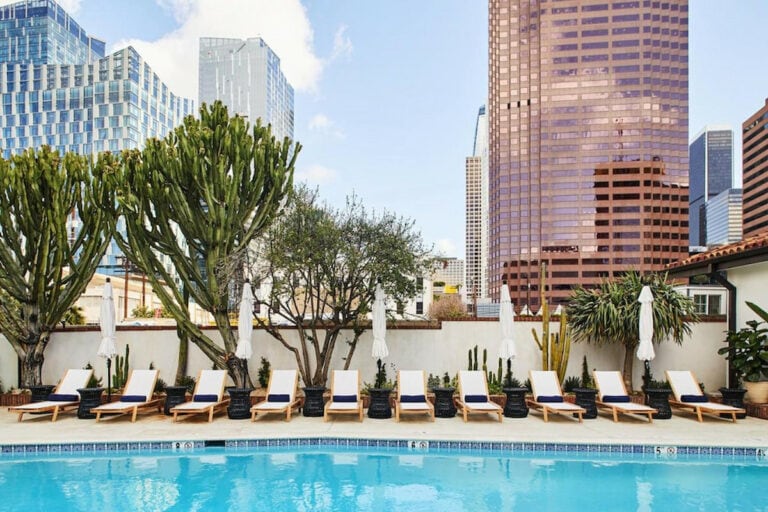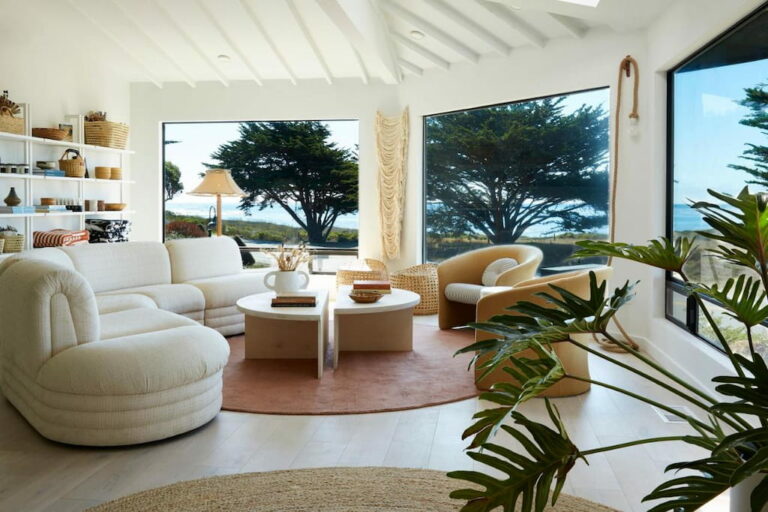What is a Boutique Hotel? Your Questions Answered
What is a boutique hotel, exactly?
Unlike your run-of-the-mill chain hotels, boutique hotels offer a curated experience that’s all about individuality, design, and a keen focus on service.
Whether you’re a design aficionado or someone who craves a more personalized stay, understanding the definition of boutique hotel can help you find your next dream destination.
I’ll answer your questions about the fascinating world and characteristics of boutique hotels, exploring their history, unique features, and what sets them apart from other lodging options.
If you’ve ever found yourself scrolling through social media, captivated by cool hotels that seem to exude personality and charm, you’ve likely stumbled upon a boutique hotel. Let’s dive into the boutique hotel meaning.
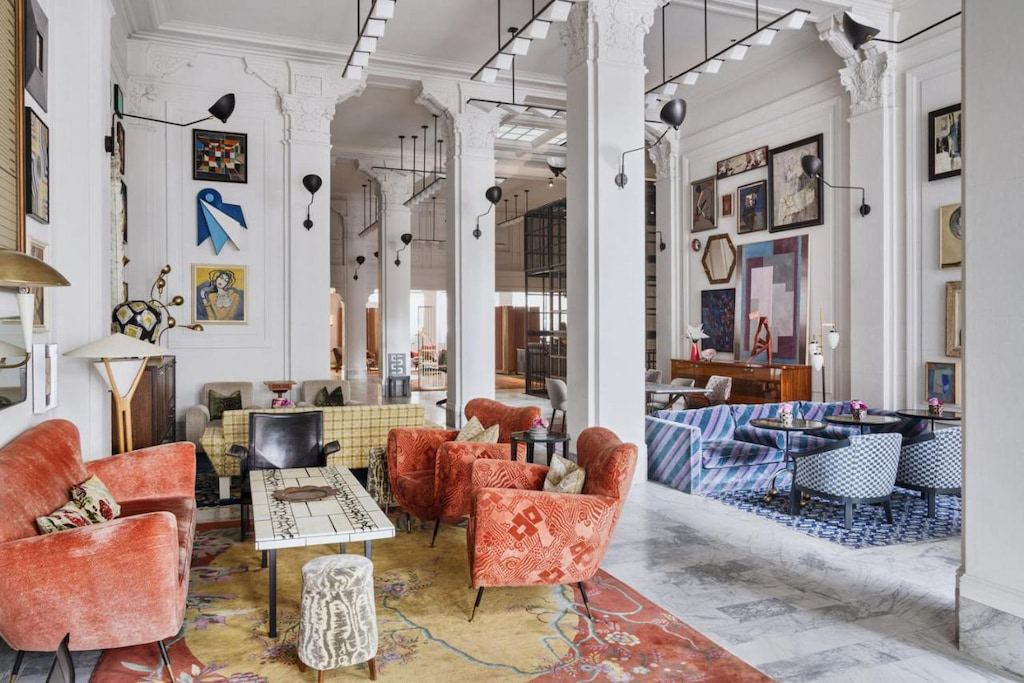
*This post may contain affiliate links, which means I may receive a commission, at no extra cost to you, if you make a purchase through a link. Please see my full disclosure for further information.
Definition of Boutique Hotel
A boutique hotel is a small, luxurious hotel that prioritizes personalized service, unique design, and an intimate atmosphere. This is the true boutique hotel meaning.
Unlike large chain hotels that aim for uniformity, boutique hotels are all about individuality. They usually have a limited number of rooms, often ranging between 10 to 100, to maintain a more personalized and intimate experience for guests.
The design is often the star of the show, featuring local art, high-end furnishings, and architectural elements that reflect the hotel’s character.
The focus here is on quality over quantity, making boutique hotels the go-to choice for travelers seeking luxury accommodation with unique character.
Common Characteristics of Boutique Hotels:
- 10-100 rooms
- Intimate, personalized service
- Design-centered, stylish yet cozy interior
- Authentic experiences based on local culture
- Often described as hip, cool, trendy, unique
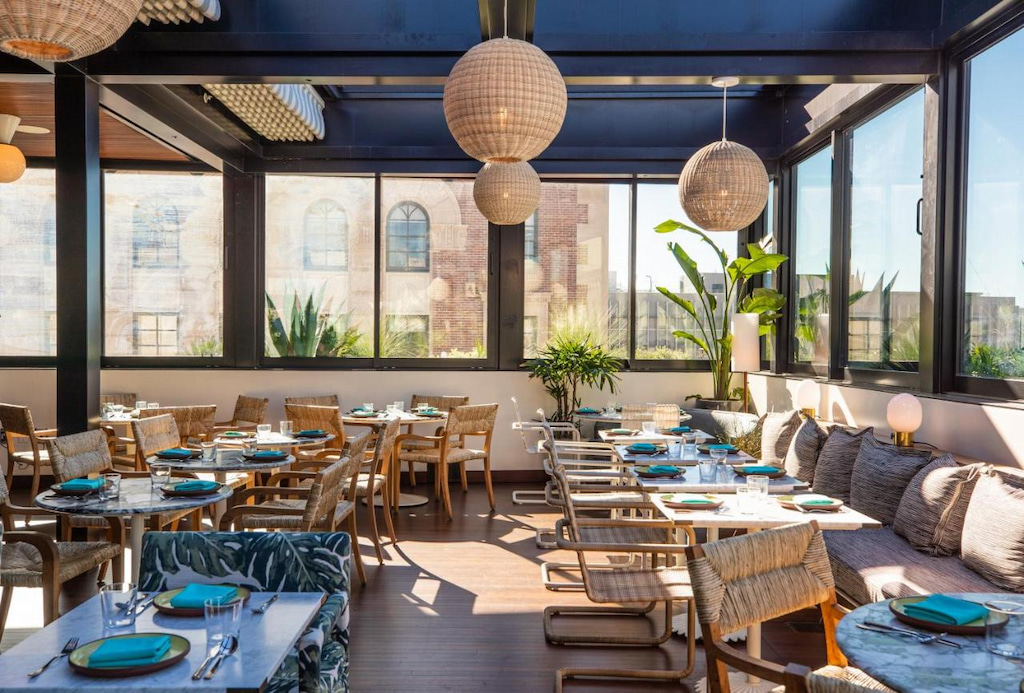
How Boutique Hotels Started
Who invented boutique hotels?
The concept of the boutique hotel is often credited to Ian Schrager and Steve Rubell. These two visionaries, famous for their iconic Studio 54 nightclub in New York, decided to bring their unique flair to the hotel industry.
In 1984, they opened Morgans Hotel in Manhattan, effectively laying the foundation for what we now know as boutique hotels with personalized service and unique design. Morgans Hotel was more than just a place to stay; it was an experience, a lifestyle.
It was the first of its kind to offer a curated atmosphere that felt more like a private club than a hotel. The hotel was a hit, and the boutique concept began to take off.
When did boutique hotels become popular?
The boutique hotel trend truly took off in the late 1980s and early 1990s, becoming the go-to choice for travelers seeking unique hotels that offered more than just a bed and a breakfast buffet.
These stylish, hip accommodations started to gain traction in cultural hubs like New York, London and San Francisco (see the coolest california hotels).
The meaning of a luxury boutique hotel evolved during this period, as travelers began to associate the term with full-service hotels that offered personalized experiences and cool design elements.
Social media and travel blogs further fueled their popularity, showcasing examples of boutique hotels that offered a blend of local culture, art, and individuality.
By the mid-2000s, the boutique hotel concept had gone global, with each new establishment striving to offer its own unique take on what a boutique hotel should be.
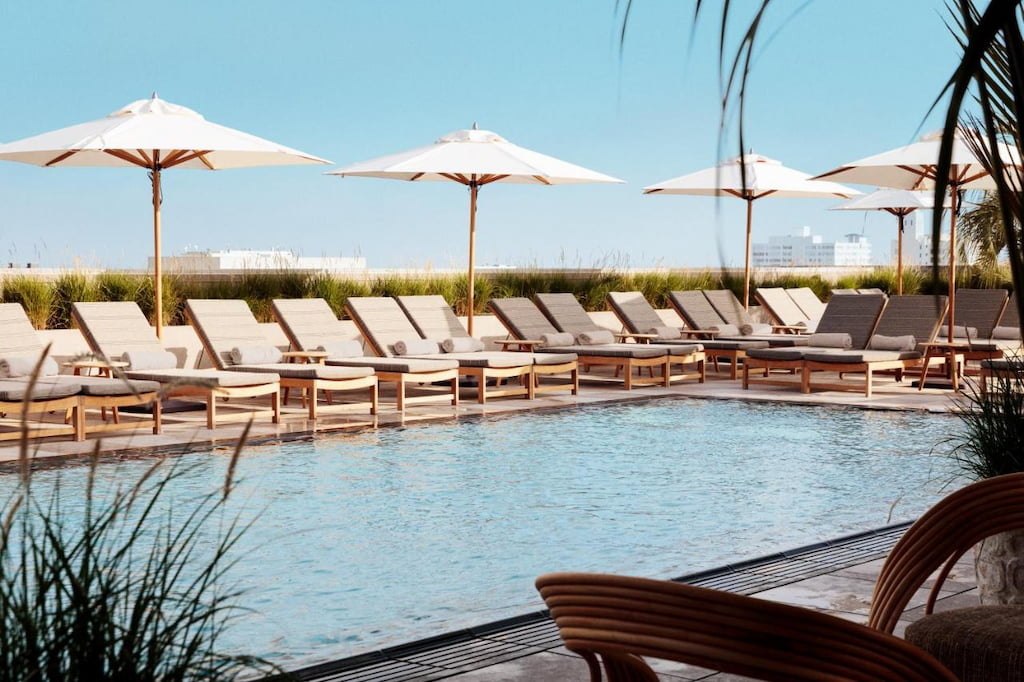
About Boutique Hotels
What is considered a boutique hotel?
The definition of a boutique hotel is generally a small establishment with fewer than 100 rooms. However, it’s not just the size that matters; it’s the ethos.
These hotels focus on creating a unique, curated experience through personalized service, distinctive design, and a deep connection to the local culture. These characteristics of a boutique hotel are truly what define this type of accommodation.
These are not just hotels; they’re experiences. Whether it’s a historic building transformed into a luxury boutique hotel or a modern structure designed to be a stylish retreat, each property aims to offer something you won’t find in traditional accommodations.
They’re the epitome of full-service hotels with a unique twist, providing not just lodging but a complete, curated experience.
What are boutique hotels known for?
Boutique hotels are known for their attention to detail, from the handpicked furnishings to the artisanal toiletries in the bathroom. These hip hotels often feature local art, offer farm-to-table dining experiences, and provide personalized services like private tours or in-room spa treatments.
The focus is on creating a curated, luxurious experience that goes beyond the standard offerings of most luxury accommodations. In essence, boutique hotels are the epitome of stylish, full-service hotels with a focus on guest experience.
How many rooms are considered a boutique hotel?
While there’s no hard and fast rule, boutique hotels typically have between 10 and 100 rooms. The key is maintaining an intimate atmosphere where personalized service can shine.
You won’t find sprawling complexes with endless hallways; instead, you’ll discover intimate settings where staff can actually remember your name and preferences.
It’s this focus on a more personalized experience that sets boutique hotels apart as the luxury, intimate accommodations that travelers increasingly seek.
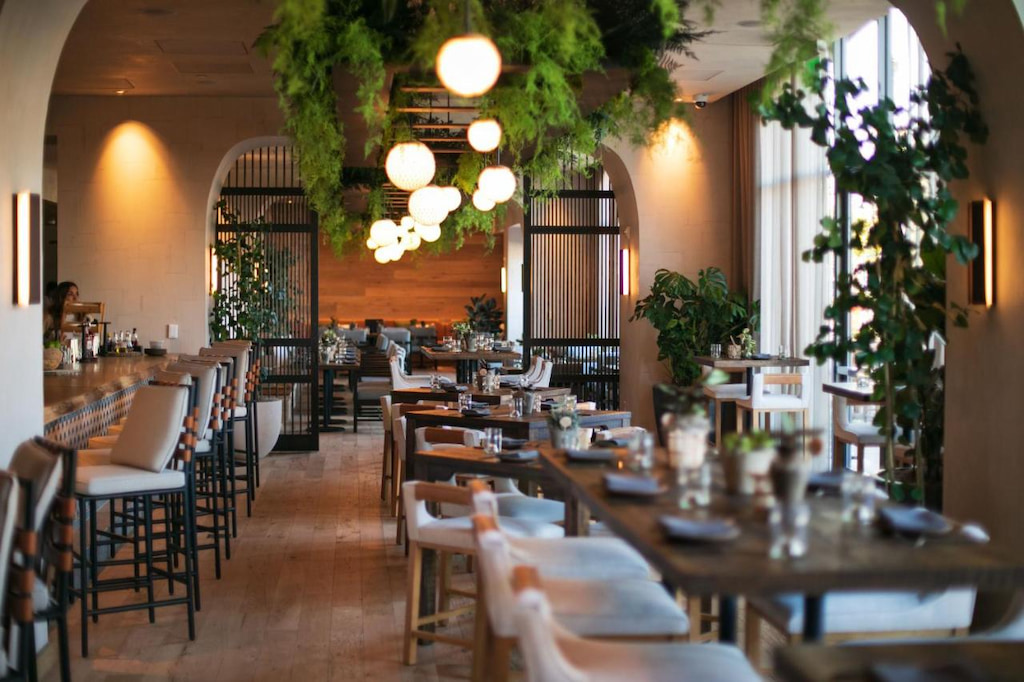
What facilities do boutique hotels have?
Unlike standard hotels, boutique establishments often boast a range of high-end amenities tailored to their unique brand and style. Think rooftop gardens with panoramic views, on-site gourmet restaurants serving farm-to-table cuisine, or even private cinemas for an exclusive movie night.
Some luxury boutique hotels go the extra mile with in-room spa services or private art galleries. Forget the generic gym and pool; we’re talking about speakeasy-style bars tucked behind unmarked doors, or rooftop yoga sessions at dawn overlooking the cityscape.
Some might offer cooking classes with local chefs, giving you a literal taste of the culture. Others could have a library filled with rare books related to the area’s history or art. And let’s not overlook the tech-savvy touches, like app-controlled room settings or virtual reality experiences that immerse you in the local scene.
The facilities are designed to enhance your stay, making it a memorable, one-of-a-kind experience.
What is unique about a boutique hotel?
Unlike chain hotels, where rooms are often indistinguishable from one location to the next, each boutique hotel is a distinct entity. You might find yourself in a repurposed 19th-century mansion, where each room is themed after a famous author.
Or perhaps you’ll stay in a hyper-modern establishment where the entire building is an ode to sustainable living, complete with a vertical garden and solar panels.
You’re not just a room number; you’re a valued guest. The staff often go above and beyond to make your stay special, whether that’s through a personalized welcome note or a custom itinerary to explore the local area.
Are Boutique Hotels Expensive?
Boutique hotels have a reputation for luxury, which often comes with a higher price tag.
However, they offer a wide range of pricing, influenced by location, amenities, and time of year. While you might splurge in a big city, smaller towns or off-season travel can offer more budget-friendly options. Special deals and packages are also common.
Ultimately, the unique, personalized experience often justifies the cost, making it a value-for-money proposition for many travelers.
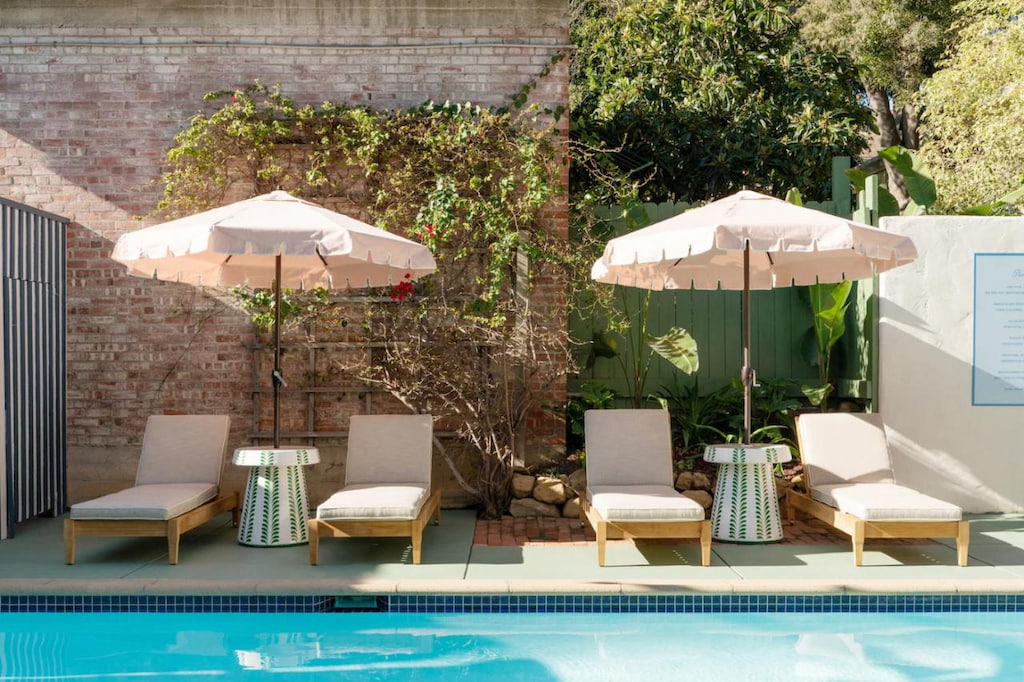
The Boutique Hotel Difference
What is the difference between a boutique hotel and a 5-star hotel?
While both boutique and 5-star hotels offer luxury, the experience is often quite different. A 5-star hotel excels in providing a standardized, globally recognized level of luxury, complete with a full array of amenities like spas, gyms, and multiple dining options.
Boutique hotels, on the other hand, offer a more curated form of luxury. Here, it’s not just about ticking off a checklist of amenities; it’s about how those amenities are presented and personalized.
The focus is on storytelling through design, service, and even the food, making each stay a unique narrative.
What is the difference between an inn and a boutique hotel?
An inn and a boutique hotel might both offer a cozy, intimate setting, but that’s often where the similarities end.
Inns are usually straightforward in their offerings: a comfortable room and perhaps a home-cooked meal. They’re the no-frills option for travelers who want basic amenities without the bells and whistles.
Boutique hotels offer a more comprehensive range of services and amenities, all wrapped up in a stylish package.
What is the difference between a boutique hotel and a lifestyle hotel?
While both boutique and lifestyle hotels aim to offer more than just a bed for the night, the focus of each is slightly different.
Lifestyle hotels are essentially a subtype of boutique hotels, designed around a specific theme or lifestyle choice. Think wellness retreats with yoga studios and juice bars, or tech-centric hotels with co-working spaces and high-speed internet in every nook and cranny.
Boutique hotels, on the other hand, have a broader focus. They aim to provide a unique, luxurious experience without necessarily adhering to a specific theme. Their uniqueness could be rooted in their design, their location, or the personalized services they offer, making each stay a one-of-a-kind experience.
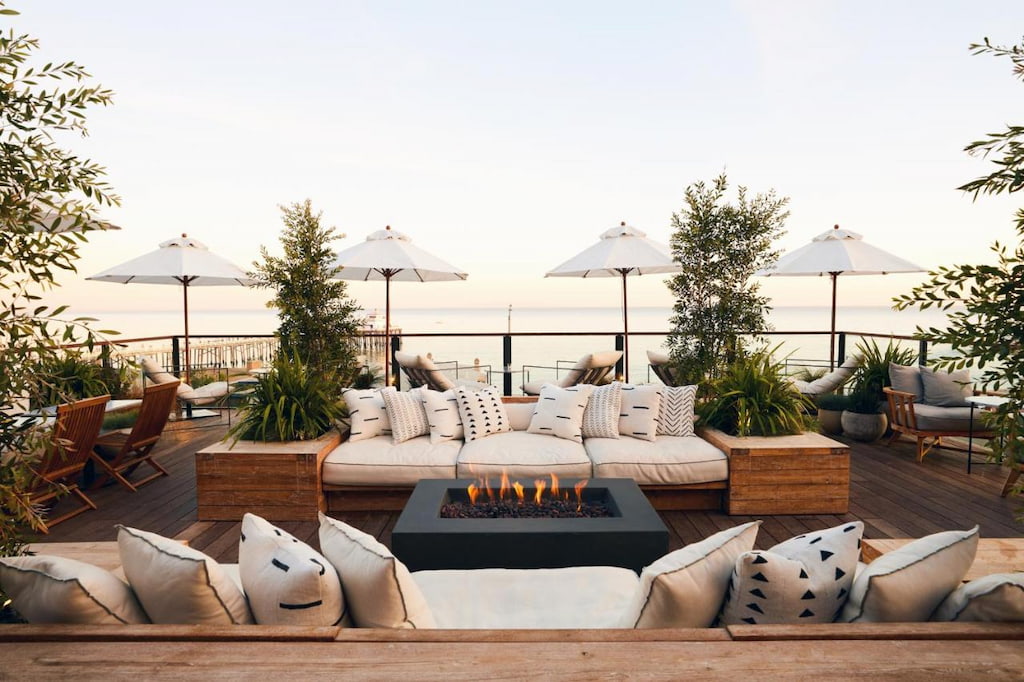
Are Boutique Hotels Better?
The question of whether boutique hotels are “better” is subjective and largely depends on what you’re looking for in your travel experience.
If you value personalized service, unique design elements, and a cozy, intimate atmosphere, then yes, boutique hotels could very well be a better choice for you. They offer a level of attention and customization that’s hard to find in larger, more commercial hotels.
However, it’s worth noting that boutique hotels may lack some of the extensive amenities of larger establishments, like multiple restaurants or expansive fitness centers. They may also come with a higher price tag, although many travelers find the unique experience to be worth the extra cost.
In my own travels, I’ve found that boutique hotels often turn a trip into a story worth telling. They offer those special touches and unexpected surprises that transform a stay into an experience.
So, are boutique hotels better? If you’re looking for a memorable, one-of-a-kind stay, the answer could very well be yes.
Best Place to Find and Book Boutique Hotels
When it comes to finding and booking the perfect boutique hotel, Booking.com is a reliable platform that I’ve personally used and is my go-to platform for booking my hotel stays across the globe.
The site offers a wide range of boutique options, from historic mansions turned luxury accommodations to ultra-modern design hotels.
What sets Booking.com apart is its user-friendly interface, complete with high-quality photos and genuine reviews.
You can filter your search based on various criteria like location, amenities, and even thematic elements, making it easier to find a place that resonates with your personal taste.
Plus, the platform often offers special deals and packages exclusive to its users, giving you the chance to experience luxury at a more accessible price point.
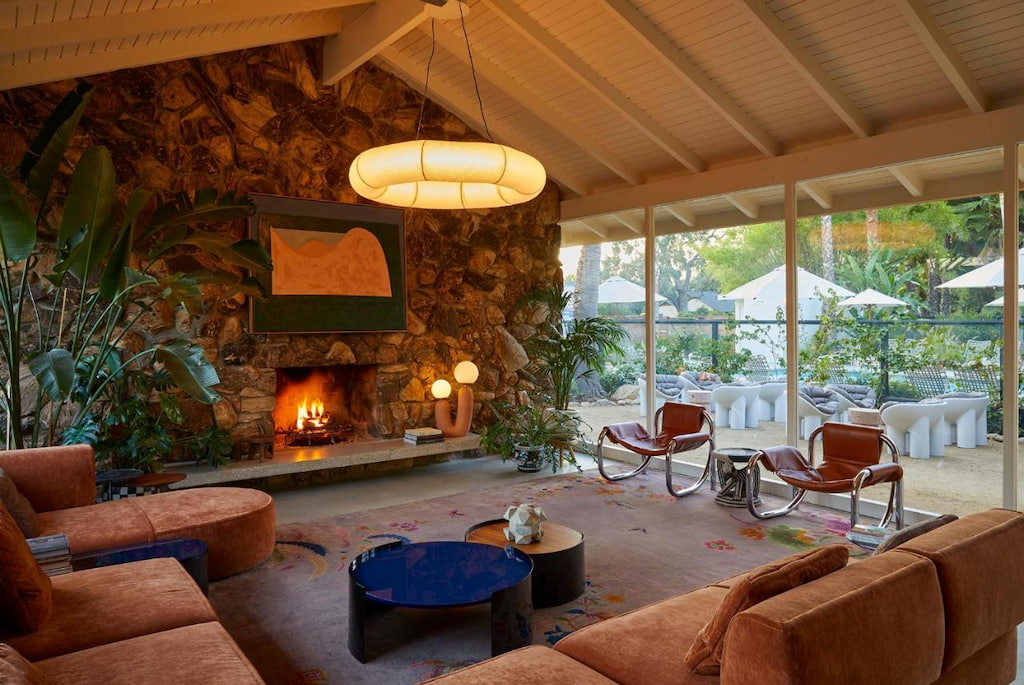
Final Thoughts on What is a Boutique Hotel
In a travel landscape often dominated by cookie-cutter accommodations and impersonal service, boutique hotels stand out as a breath of fresh air. They offer a curated, intimate experience that goes beyond just a comfortable bed and a hot shower.
From their unique design elements to their personalized service, boutique hotels are in a league of their own. They’re the ideal choice for travelers who crave more than just the basics, who see their accommodation as an integral part of their travel experience.
So the next time you’re planning a trip and want something more than the usual, consider a boutique hotel. It might just turn your trip from ordinary to extraordinary.
And there we have it! I hope this comprehensive guide has answered your questions about what a boutique hotel is and why they’re such a unique option for travelers.
Ready to book your next unforgettable stay?

